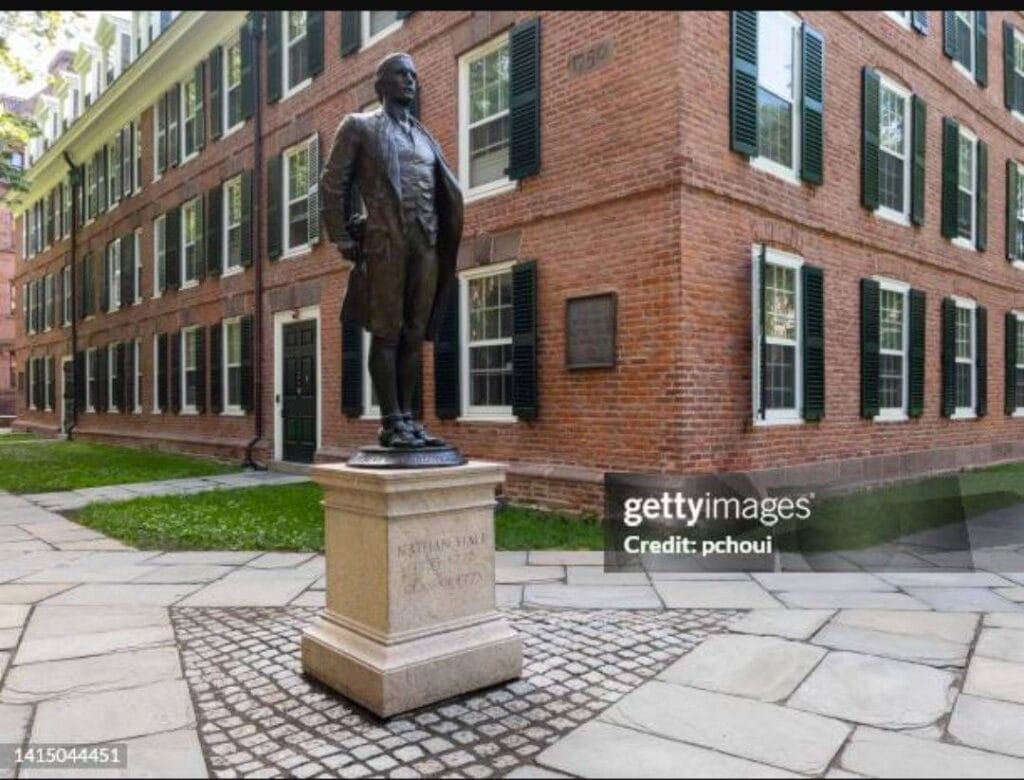
In a move that signals the changing landscape of academia, Yale University has announced an upcoming course focused on the cultural and social influence of global icon Beyoncé. Titled “Beyoncé Makes History: Black Radical Tradition History, Culture, Theory & Politics through Music,” the course will debut in the Spring of 2025 as part of Yale’s African American Studies program. Led by Professor Daphne Brooks, a renowned scholar in African American Studies and music, the course is set to explore Beyoncé’s career and artistic output as a lens through which students can engage with Black history, feminist thought, and social activism.
This course isn’t just a tribute to Beyoncé’s star power; it’s a recognition of her position as a key figure in contemporary culture whose work transcends music and delves deeply into issues of race, gender, and identity. By focusing on Beyoncé’s artistry and activism, Yale is responding to a broader academic trend where universities are increasingly acknowledging the relevance of popular culture in addressing critical social issues. But what does this course entail, and why is it significant?
Examining Beyoncé’s Art as Cultural and Political Commentary
Beyoncé has long used her platform to comment on issues affecting Black communities and women, intertwining activism with her artistry. Starting with her self-titled 2013 album, which marked a new phase of creative independence, Beyoncé began crafting work that addressed complex social issues. Each subsequent project, from Lemonade to Homecoming and Black Is King, has not only pushed musical boundaries but has also sparked conversations on race, gender, and the cultural experience of Black womanhood.
The course will specifically examine Beyoncé’s work from 2013 to 2024, analyzing it within the framework of Black radical tradition—a cultural and political lineage that addresses racial injustices and advocates for the empowerment of Black communities. This exploration includes a deep dive into her visual and sonic representations of Black life, including themes of family heritage, spirituality, resilience, and the intersections of African and African-American identities.
In a statement about the course, Professor Brooks noted that Beyoncé’s music and public persona provide a compelling medium for exploring Black feminist thought. Through her songs, performances, and visual albums, Beyoncé has highlighted the struggles and triumphs of Black women, providing a multidimensional portrayal that challenges stereotypes and affirms diverse experiences.
The Yale University’s Course Content: A Journey Through Music, Fashion, and Activism
The Yale University course will allow students to explore Beyoncé’s influence beyond her music, including her impact on fashion, visual media, and the broader cultural landscape. For instance, Beyoncé’s Lemonade album, with its blend of Southern Gothic imagery, African spirituality, and deeply personal themes, is celebrated for its depiction of Black womanhood and resilience. It serves as a powerful expression of solidarity and pride, encouraging listeners to confront and understand racial and gender-based struggles.

Students will also examine Beyoncé’s impact on Black feminist thought. Her work has often referenced or drawn from the writings of prominent Black feminists, from Audre Lorde to bell hooks, incorporating their ideas into her own form of artistic expression. The course will encourage students to engage with these thinkers as they analyze how Beyoncé’s work has shaped conversations on intersectionality, self-empowerment, and social justice.
Additionally, the class will discuss Beyoncé’s influence on fashion and visual aesthetics. Her style evolution has mirrored her journey toward a more radical, outspoken form of activism. Beyoncé’s collaboration with designers and her role in redefining beauty standards within the music industry are set to be key topics in the course. From her famous “Formation” video, which pays homage to Black Southern culture and protests police brutality, to her Homecoming documentary that celebrates Black college culture, Beyoncé has used fashion and imagery to make statements that resonate far beyond the stage.
Why This Course Matters: The Intersection of Academia and Popular Culture
The decision to offer a course on Beyoncé at an Ivy League Yale university highlights the growing recognition of popular culture’s role in academia. In recent years, colleges and universities have increasingly integrated cultural studies with traditional academic subjects, offering courses on hip-hop, film, and other elements of modern culture. These courses allow students to explore the social impact of media and art, bridging the gap between cultural analysis and real-world issues.
Supporters argue that using Beyoncé’s work as an academic subject allows for a more relatable approach to discussing difficult topics like racism, sexism, and identity politics. Beyoncé’s influence makes her an accessible figure through whom students can understand these larger issues, bringing critical social theories to life in ways that resonate with a new generation.
This approach has not been without its critics, however. Some argue that focusing on a single celebrity could limit the scope of Black studies and that broader approaches might better capture the diversity and depth of Black history. Nonetheless, Yale University’s course signals a shift toward acknowledging that figures in popular culture—especially those who use their platforms to promote social change—can serve as valuable subjects of study.
Beyoncé as a Symbol of Black Empowerment

Throughout her career, Beyoncé has been an advocate for social justice, speaking out on issues from police violence to gender inequality. Her Formation video, which features imagery associated with the Black Lives Matter movement, sparked both praise and controversy for its unflinching portrayal of Black resistance and pride. The song became an anthem for Black empowerment, cementing Beyoncé’s status not just as a pop star but as a symbol of resilience and activism.
In recent years, Beyoncé has continued to use her platform to address social issues, supporting causes that promote equality, support marginalized communities, and encourage political activism. Through the BeyGOOD initiative, she has focused on issues like education, disaster relief, and health equity. Her dedication to philanthropy, coupled with her strong stance on social issues, has solidified her role as a cultural icon and a powerful voice for change.
Bridging Generations Through Cultural Education
Yale’s decision to offer this course reflects a broader educational trend, where universities are exploring how figures in popular culture can bridge generational and cultural gaps. By engaging students with topics and figures they are passionate about, universities can foster critical thinking and cultural awareness. The Beyoncé course offers students a way to critically engage with the artist’s influence while considering the broader impact of her work on society.
The academic study of Beyoncé serves not only as a tribute to her contributions but also as a means of understanding how cultural icons can shape societal narratives. Courses like this encourage students to view art as a reflection of social, political, and historical realities, helping to nurture an informed and socially conscious generation.
Final Thoughts: A Cultural Icon as a Subject of Academic Study

Yale University’s decision to offer a course on Beyoncé’s cultural impact is a testament to her role as an influential figure in modern society. By exploring Beyoncé’s contributions through an academic lens, students are given an opportunity to engage deeply with issues of race, gender, and identity in a way that is both relevant and thought-provoking. This course not only cements Beyoncé’s legacy as a cultural icon but also underscores the importance of studying contemporary figures whose work speaks to ongoing societal issues.
In an era where art and activism are increasingly intertwined, Yale’s course on Beyoncé could pave the way for other institutions to explore the social relevance of popular culture. As society evolves, so does the role of academia in reflecting and understanding these changes, allowing students to examine and appreciate the complex forces that shape our world today.
